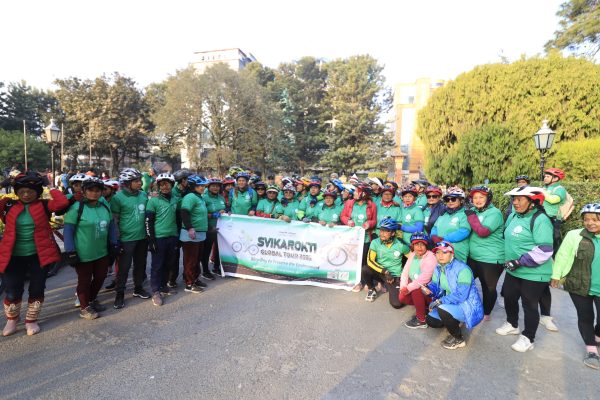About Us
The Svikarokti Foundation is a global initiative dedicated to promoting, preserving, and advancing the philosophy of Svikarokti, a transformative effort, an idea rooted in acceptance, harmony, and equitable recognition of existence.
The journey of Svikarokti began in 2012, emerging as a profound philosophical movement aimed at fostering a deeper understanding of human consciousness, coexistence, and universal peace. Over the years, this philosophy gained momentum, influencing individuals, communities, and thought leaders seeking a balanced, just, and mindful approach to life. Recognizing the growing impact and the need for a structured global platform, the Svikarokti Foundation was officially established in 2022 to institutionalize and expand this philosophy worldwide.
The Foundation operates with a vision of creating a world where acceptance is not just a passive state, but an active force driving personal growth, social equity, and global peace. By integrating Svikarokti into philosophy, psychology, leadership, and everyday life, we aim to reshape mindsets, inspire positive change, and cultivate a future rooted in mutual respect and shared progress.
Join us in this journey of awakening, transformation, and collective evolution. The Svikarokti Foundation is more than an organization—it is a movement for a harmonious, conscious, and inclusive world.
Our Moto
Pure Heart
Embracing Every Existence, Elevating Every Soul
Creating Peace
Transforming Minds, Uniting Worlds, Creating Peace.
Peace in Existence
Svikarokti in Thought, Harmony in Action, Peace in Existence.
Denzome Sampang
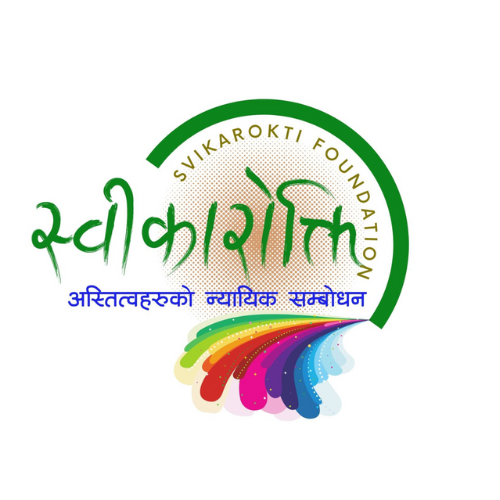
Denzome Sampang
promulgator and proponent of Svikarokti philosophy and President, Svikarokti Foundation
Denzome Sampang, is a philosopher, thinker, and mentor, best known as the chief promulgator of Svikarokti Philosophy, a conceptual framework focused on judicial, ideal, and equitable recognition of existence. He is the founder of the Svikarokti Foundation, a global initiative dedicated to philosophical awareness, self-acceptance, and consciousness-based leadership. His work integrates philosophy with psychology and spirituality to promote personal transformation and social harmony while improving workplace efficiency.
Our Leadership
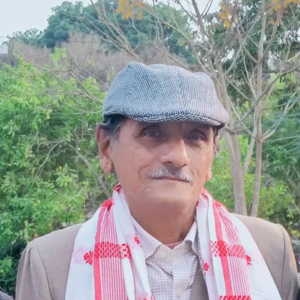
Gyanbahadur Chetry
- President, Svikarokti Foundation (India Chapter)
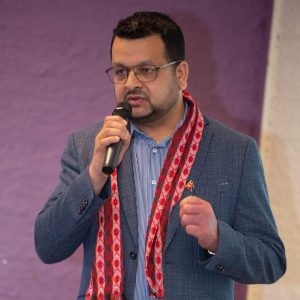
DP Sharma Mainali
- Europe Country Director
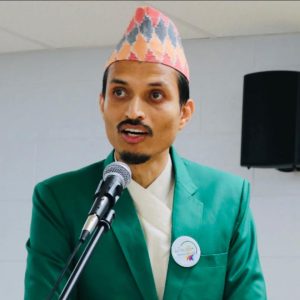
Patalo Antare
- Lead Mentor and Central Member
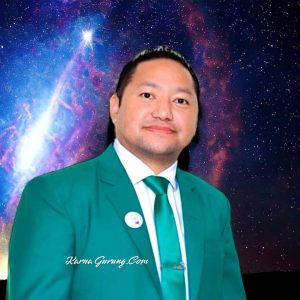
Karna Gurung
- Lead Mentor and International Relation Chief
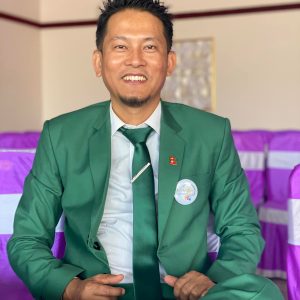
Aavash Rikham
- Lead Mentor and Central Member

